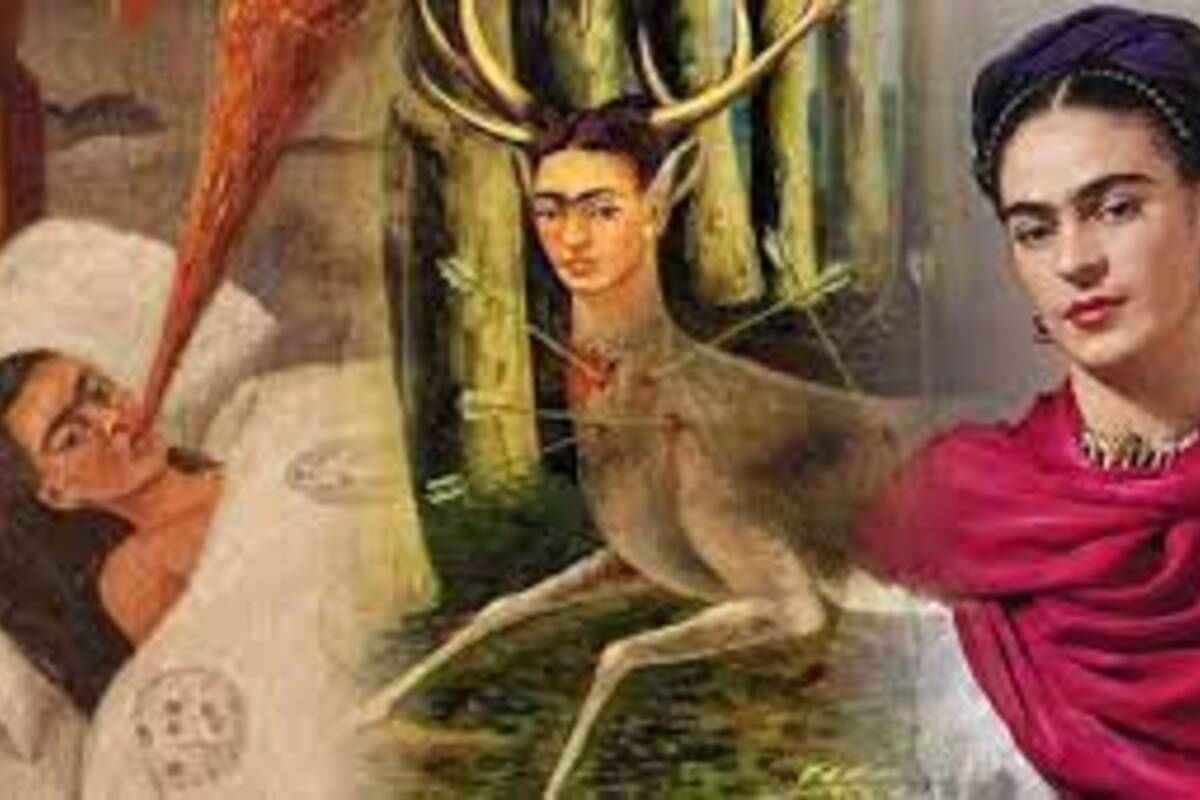Frida Kahlo, recognized as one of the most influential artists of the 20th century, continues to captivate audiences worldwide through various portrayals, with Julie Taymor’s 2002 film starring Salma Hayek as the Mexican surrealist painter being among the most iconic. The enduring fascination with Kahlo’s life stems from her journey as a meek young Mexican girl who defied societal norms, embraced her ideals of freedom, and navigated a world of suffering to emerge as a symbol of resilience, independent thinking, and empowerment.
Taymor’s film, alongside numerous other depictions, underscores Kahlo’s profound impact on art, culture, and society. Through her vibrant and introspective paintings, Kahlo expressed her innermost thoughts, emotions, and struggles, providing a window into her tumultuous yet fiercely passionate life. Her art served as a conduit for exploring themes of womanhood, sexual identity, and emotional liberation, resonating with audiences across generations.
Kahlo’s story continues to inspire artists, filmmakers, and scholars, who seek to unravel the complexities of her life and work. From exhibitions showcasing her iconic paintings to biographical films delving into her personal struggles and triumphs, Kahlo’s legacy endures as a testament to the power of creativity and resilience in the face of adversity.
As the world grapples with ongoing conversations about identity, gender, and societal norms, Kahlo’s art and life story remain as relevant as ever, offering a beacon of hope and inspiration to those who dare to challenge conventions and embrace their true selves. Through film, art, and storytelling, Kahlo’s spirit lives on, reminding us of the transformative power of self-expression and the enduring legacy of a true visionary.






